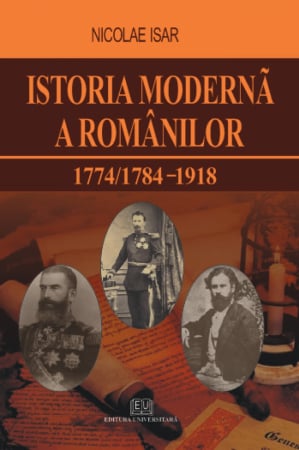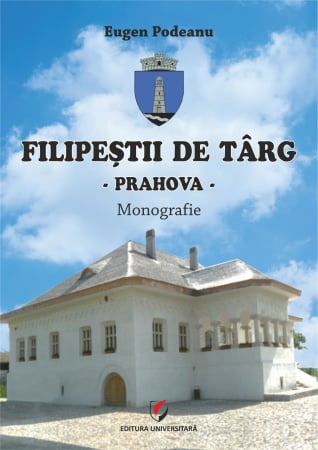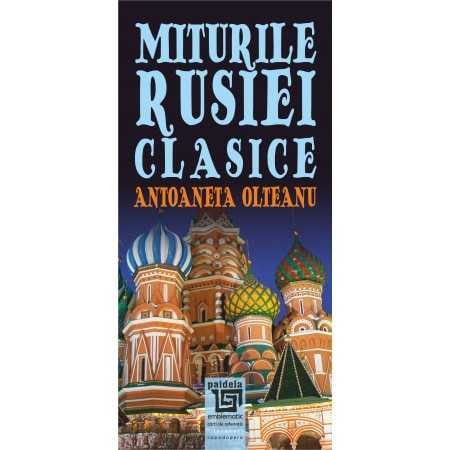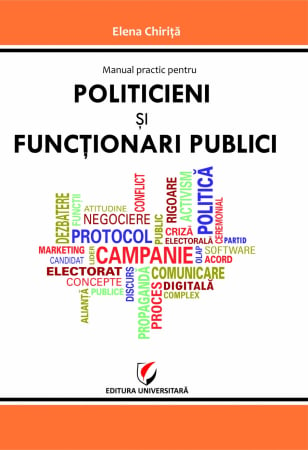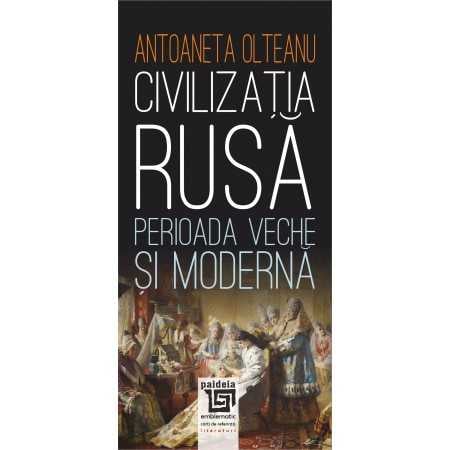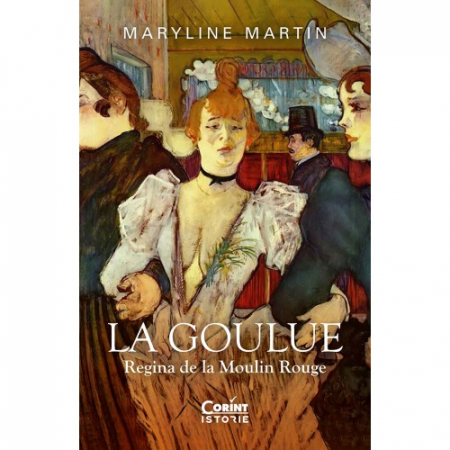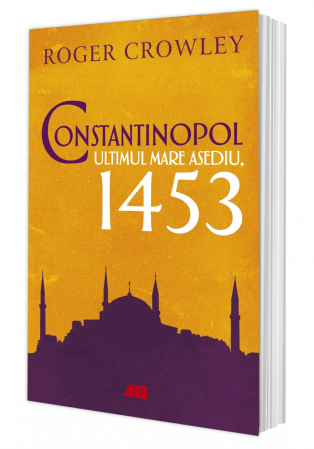Manuscript proposals: [email protected] / 0745 204 115 //// Tracking orders Individuals / Sales: 0745 200 357 / Orders Legal entities: 0721 722 783
Publisher: Monitorul Oficial
Author: Sorin Margarit
Pages: 120
Publisher year: 2021
ISBN: 978-606-035-072-9
Product Code:
9786060350729
Do you need help?
0745 200 357
- Description
- More details
- Reviews (0)
Sorin Margarit was born on March 1, 1982 in Bucharest. With higher education in legal sciences, political sciences and history, passionate about historical-military reconstructions, he is a curator and organizer of exhibitions and cultural events. A recognized collector of historical documents, specializing in imaging, he is the author of several historical albums and monographs.
After giving light to the printing of the famous books La pas pe Calea Victoriei (2018), Greetings from Bucharest. Voyage in Belle poque (2019), followed by the Centenary of the entry of the Romanian Army in Budapest (2019) and the National College _Gheorghe Lazar ". Monograph 1860 - 2020 (2020), now will delight our eyes and complete our information with long-sought photos and found in various archives and with brief data on the history of the Respectable Society on Romanian soil Between 1783, when Archimandrite Gherasim translated the Mystery of the Freemasons, written by Abbot Parau and printed in 1778 in Amsterdam, the first Masonic book appeared in our country, the archimandrite apologizing in a way - "although it may cause me a lot of slander, I translated the book so that all those who will read to know the wrong account of this mystery" the year 2021, when this beautiful and very elaborate historiographical album appears, for sure that opinions have changed! Freemasonry, all over the world (according to the ancient Greeks: kosmos!), Is no longer a secret society, as it may have been in the beginning, but a discreet society, a place of often colloquial meetings and debates - less politically tainted! among people of "good morals" who find it appropriate that after the Church and the Army to be "Regimented" for the good of the Nation of which they are part, displeasing the Brownian movement and the entropic tendency that characterizes all human society, towards the end.
I can only conclude these brief considerations by reminding you of two things: - the old Latin saying: "Habent sua fata libelli", in the sense that I want this book to be browsed by as many readers as possible, for enlightenment! - and, it seems, the last words of Johann Wolfgang von Goethe's polymath: "Fiat lux"!
Dr. Dan MISCHIANU
Product compliance information
After giving light to the printing of the famous books La pas pe Calea Victoriei (2018), Greetings from Bucharest. Voyage in Belle poque (2019), followed by the Centenary of the entry of the Romanian Army in Budapest (2019) and the National College _Gheorghe Lazar ". Monograph 1860 - 2020 (2020), now will delight our eyes and complete our information with long-sought photos and found in various archives and with brief data on the history of the Respectable Society on Romanian soil Between 1783, when Archimandrite Gherasim translated the Mystery of the Freemasons, written by Abbot Parau and printed in 1778 in Amsterdam, the first Masonic book appeared in our country, the archimandrite apologizing in a way - "although it may cause me a lot of slander, I translated the book so that all those who will read to know the wrong account of this mystery" the year 2021, when this beautiful and very elaborate historiographical album appears, for sure that opinions have changed! Freemasonry, all over the world (according to the ancient Greeks: kosmos!), Is no longer a secret society, as it may have been in the beginning, but a discreet society, a place of often colloquial meetings and debates - less politically tainted! among people of "good morals" who find it appropriate that after the Church and the Army to be "Regimented" for the good of the Nation of which they are part, displeasing the Brownian movement and the entropic tendency that characterizes all human society, towards the end.
I can only conclude these brief considerations by reminding you of two things: - the old Latin saying: "Habent sua fata libelli", in the sense that I want this book to be browsed by as many readers as possible, for enlightenment! - and, it seems, the last words of Johann Wolfgang von Goethe's polymath: "Fiat lux"!
Dr. Dan MISCHIANU
Sorin Margarit was born on March 1, 1982 in Bucharest. With higher education in legal sciences, political sciences and history, passionate about historical-military reconstructions, he is a curator and organizer of exhibitions and cultural events. A recognized collector of historical documents, specializing in imaging, he is the author of several historical albums and monographs.
After giving light to the printing of the famous books La pas pe Calea Victoriei (2018), Greetings from Bucharest. Voyage in Belle poque (2019), followed by the Centenary of the entry of the Romanian Army in Budapest (2019) and the National College _Gheorghe Lazar ". Monograph 1860 - 2020 (2020), now will delight our eyes and complete our information with long-sought photos and found in various archives and with brief data on the history of the Respectable Society on Romanian soil Between 1783, when Archimandrite Gherasim translated the Mystery of the Freemasons, written by Abbot Parau and printed in 1778 in Amsterdam, the first Masonic book appeared in our country, the archimandrite apologizing in a way - "although it may cause me a lot of slander, I translated the book so that all those who will read to know the wrong account of this mystery" the year 2021, when this beautiful and very elaborate historiographical album appears, for sure that opinions have changed! Freemasonry, all over the world (according to the ancient Greeks: kosmos!), Is no longer a secret society, as it may have been in the beginning, but a discreet society, a place of often colloquial meetings and debates - less politically tainted! among people of "good morals" who find it appropriate that after the Church and the Army to be "Regimented" for the good of the Nation of which they are part, displeasing the Brownian movement and the entropic tendency that characterizes all human society, towards the end.
I can only conclude these brief considerations by reminding you of two things: - the old Latin saying: "Habent sua fata libelli", in the sense that I want this book to be browsed by as many readers as possible, for enlightenment! - and, it seems, the last words of Johann Wolfgang von Goethe's polymath: "Fiat lux"!
Dr. Dan MISCHIANU
After giving light to the printing of the famous books La pas pe Calea Victoriei (2018), Greetings from Bucharest. Voyage in Belle poque (2019), followed by the Centenary of the entry of the Romanian Army in Budapest (2019) and the National College _Gheorghe Lazar ". Monograph 1860 - 2020 (2020), now will delight our eyes and complete our information with long-sought photos and found in various archives and with brief data on the history of the Respectable Society on Romanian soil Between 1783, when Archimandrite Gherasim translated the Mystery of the Freemasons, written by Abbot Parau and printed in 1778 in Amsterdam, the first Masonic book appeared in our country, the archimandrite apologizing in a way - "although it may cause me a lot of slander, I translated the book so that all those who will read to know the wrong account of this mystery" the year 2021, when this beautiful and very elaborate historiographical album appears, for sure that opinions have changed! Freemasonry, all over the world (according to the ancient Greeks: kosmos!), Is no longer a secret society, as it may have been in the beginning, but a discreet society, a place of often colloquial meetings and debates - less politically tainted! among people of "good morals" who find it appropriate that after the Church and the Army to be "Regimented" for the good of the Nation of which they are part, displeasing the Brownian movement and the entropic tendency that characterizes all human society, towards the end.
I can only conclude these brief considerations by reminding you of two things: - the old Latin saying: "Habent sua fata libelli", in the sense that I want this book to be browsed by as many readers as possible, for enlightenment! - and, it seems, the last words of Johann Wolfgang von Goethe's polymath: "Fiat lux"!
Dr. Dan MISCHIANU
If you want to express your opinion about this product you can add a review.
write a review


![Roman Freemasonry. An illustrated story - Sorin Margarit [1] Roman Freemasonry. An illustrated story - Sorin Margarit [1]](https://gomagcdn.ro/domains/editurauniversitara.ro/files/product/large/francmasoneria-romana-o-istorie-ilustrata-sorin-margarit-3224-3016.jpg)
